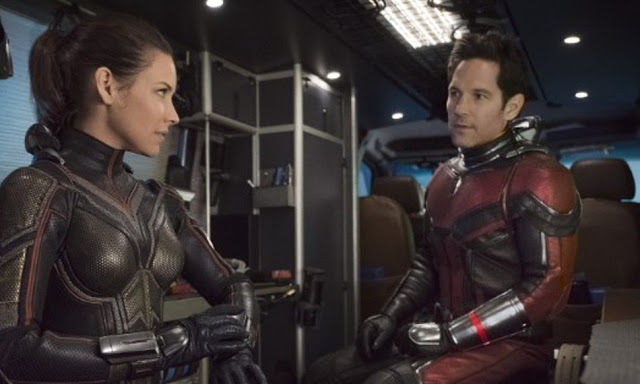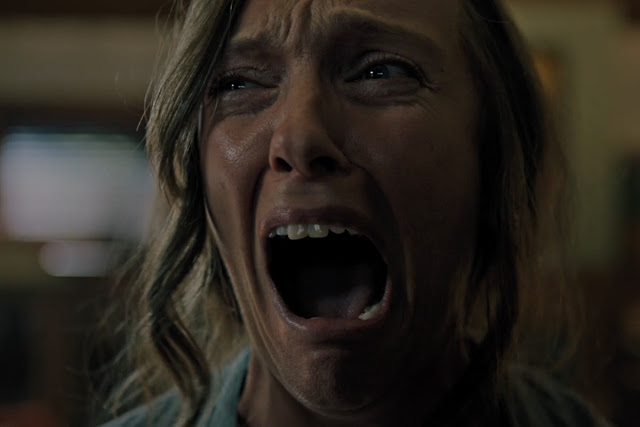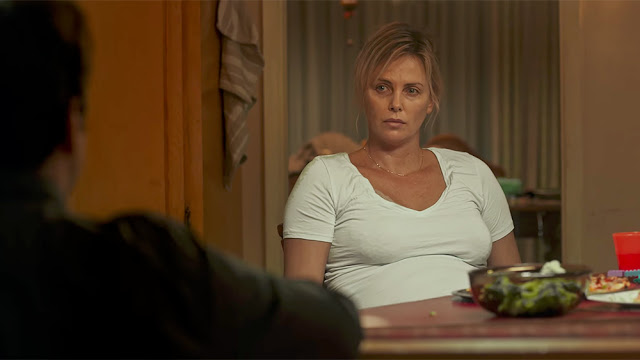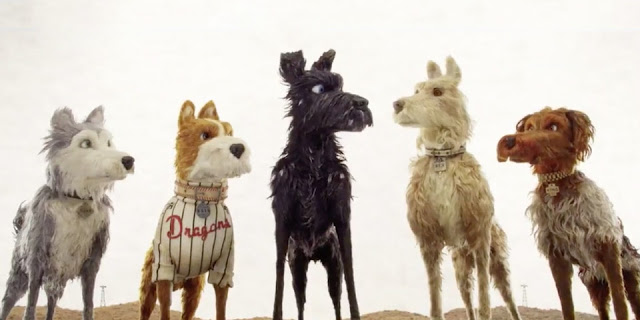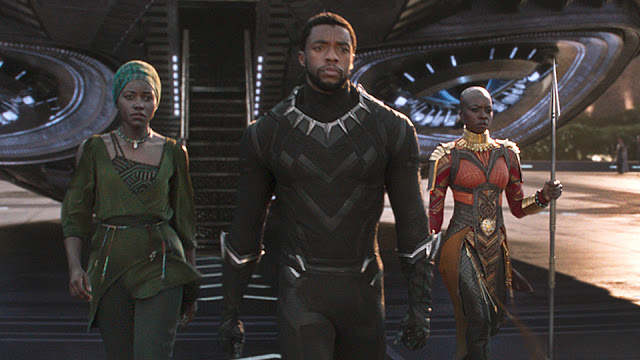Ant-Man and the Wasp: Still Small, But with Big Upgrades
When we last left the Marvel Cinematic Universe (all of two months ago!), its foundations had been shaken to their cosmic core. The ending of Avengers: Infinity War carried with it cataclysmic consequences for virtually every member of the MCU, though noticeably absent (or maybe not that noticeably) was Scott Lang, the affable thief better known in comic-book lore as Ant-Man. Perhaps he was busy promoting his own movie. Regardless, in light of Infinity War’s devastating conclusion, it was fair to wonder if Ant-Man and the Wasp—the sequel to the passably entertaining, entirely unmemorable Ant-Man—would feel trivial by comparison. In one sense, it does; after all, no galaxies are threatened in this film, whose kill count is in the single digits rather than the billions. But in another, more important sense, Ant-Man and the Wasp is a significant achievement, because it features a key quality that Infinity War largely lacked. Quite simply: It’s fun.
I don’t want to frame Ant-Man and the Wasp as the antithesis of Infinity War, because it’s still a Marvel movie, with all of the pleasures and obligations that entails. (You’ll never believe this, but Stan Lee has a cameo.) But the differences between the two are nevertheless noteworthy. Where the third official Avengers crossover was absolutely massive—a sprawling undertaking that spanned multiple planets and comprised several dozen heroes and villains—this bug-centric sequel feels insular, with a narrow focus that spares only a handful of glances toward the broader MCU. (Most notable of these is the mid-credits stinger, which elicited gasps at my screening.) And where the tone of Infinity War was grave to the point of lugubriousness, Ant-Man and the Wasp is breezy and jovial. Nobody here is worried about saving the world; they just want to spend time with their families. Read More

